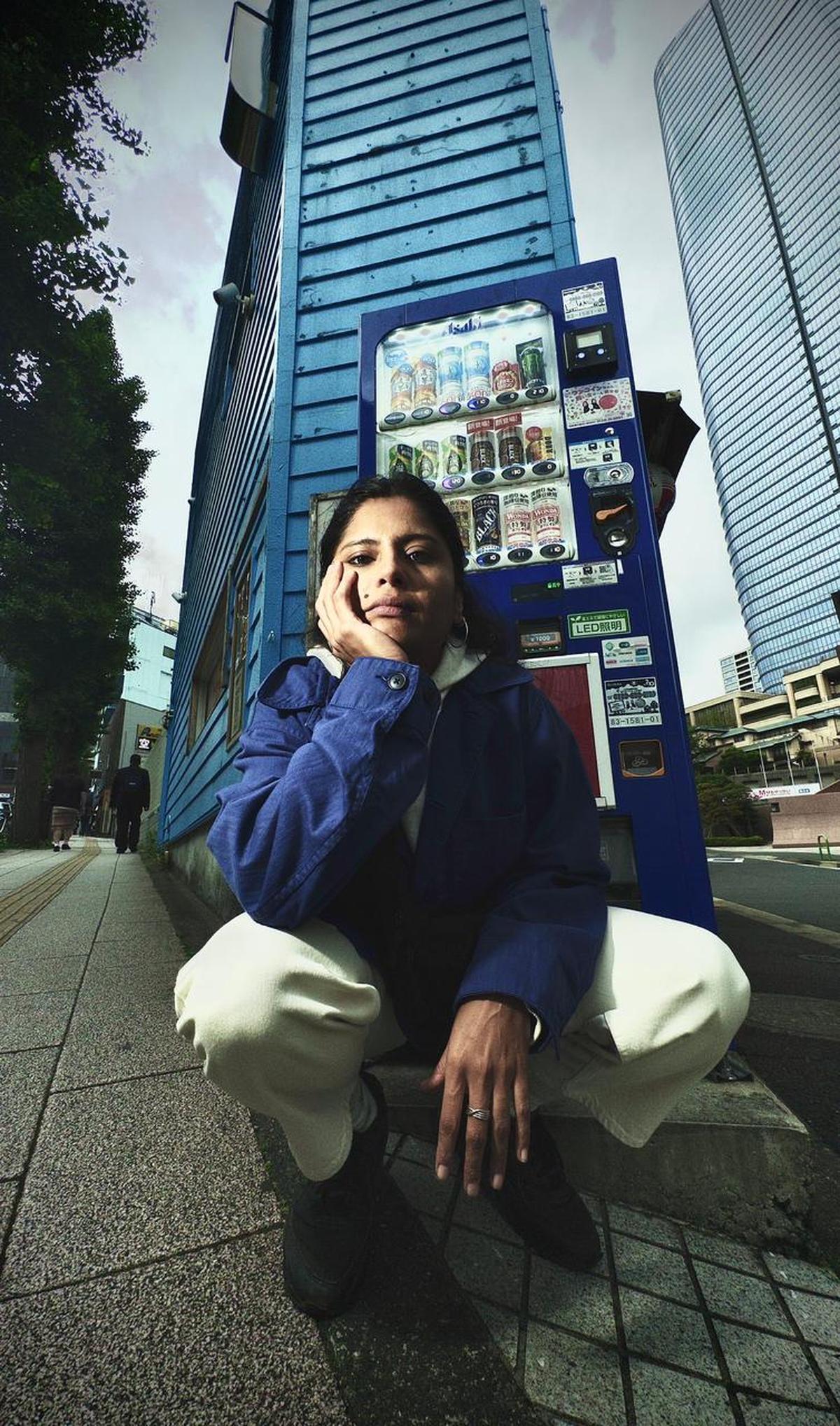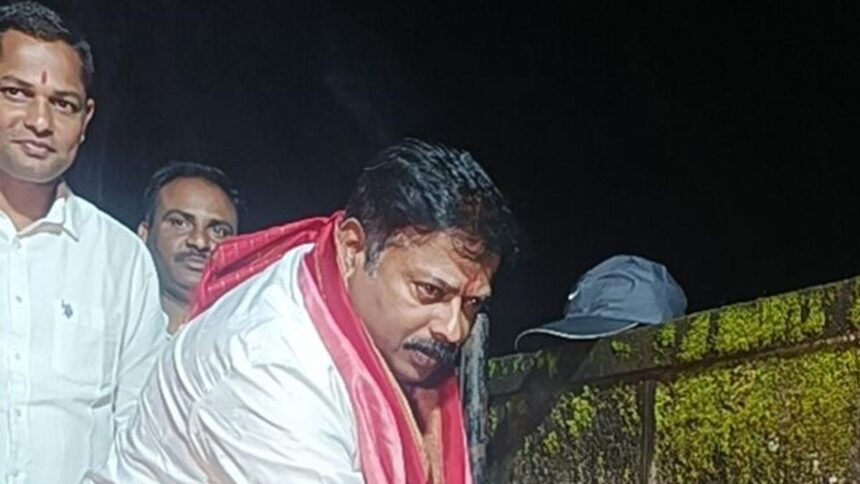Months ago, on Mother’s Day, Instagram was teeming with posts on how women are nurturing by nature. I remembered that word recently when I read Serish Nanisetti and Siddharth Kumar Singh’s detailed piece on how a woman doctor in Hyderabad had been running an unauthorised surrogacy and baby-selling operation. The reporters also spoke to couples who had exchanged their babies for money due to poverty or other seemingly insurmountable circumstances.
In a similar long piece this week, Laura Spiney wrote in The Guardian about women in Europe who abandon their babies in ‘baby windows’. She writes, “The typical baby window is a vault in the wall of a building – sometimes a hospital or clinic, sometimes a fire station or religious-run institution. Inside is a cradle and occasionally also writing materials in case the person depositing the baby wants to leave a note.” Baby windows are concentrated in regions where access to contraception and abortion is restricted.
Despite some women selling or abandoning their babies, or fewer women having children, somehow, society resolutely propagates the stereotype that all women are nurturing. Unfortunately, the cost of that belief is borne once again by women.
According to the National Organ and Tissue Transplant Organisation (NOTTO), in 2023, women constituted 63% of all living donor transplants when it comes to transplants, yet they comprised only 24% (for heart) and 47% (lung) as beneficiaries of organs for transplantation. To rectify this skewed gender imbalance, NOTTO has stated that women patients and relatives of deceased donors awaiting transplants will get priority as beneficiaries.
Why do more women donate organs than men? According to this piece, one reason is that men often earn more and are unlikely to take time off for the procedure and forego their income, especially in lower-income families. Another is that since women are caregivers, they themselves step up and decide to donate their organs to their loved ones. There are also women who are pushed to donate their organs and hailed as saviours; women who are forced to conform to the stereotype.
Which means that there are all kinds of women out there. Those who are truly nurturing. Those who may be nurturing, but who are pulled by life in a different direction or trapped in cycles of poverty and marginalisation. Those who are not. Those who are made to feel guilty for not being nurturing. And those who are forced to be boxed into a societal ideal and praised for it, even if that means living with one organ less.
Toolkit
Break Free Stories is a divorcee collective started by Kerala’s Malappuram resident Rafia Afi. A group of women who had lost their partners, or had divorced them, or separated from them, had been active as a community largely on WhatsApp and Instagram. This May, they went on a trip to Idukki district, known for its dense forests and cardamom plantations, and shared deeply personal experiences with one another. Afi has conducted more camps since then. As one participant said, “It’s a place where you can unburden easily…and (where women can) embrace their true selves for the first time.” Read Navamy Sudhidh’s story here.
Wordsworth
Broligarchy: This is among the thousands of new words to be added to the Cambridge Dictionary this year. Broligarchy, which merges the two words ‘bro’ and ‘oligarchy’, means “a small group of men, especially men owning or involved in a technology business, who are extremely rich and powerful, and who have or want political influence”. Examples of broligarchs include Elon Musk and Mark Zuckerberg. Musk, the wealthiest person in the world, was part of the U.S. government until May this year. Zuckerberg, the second-richest, shelved Meta’s fact-checking programme in January 2025, and named prominent Republican Joel Kaplan chief global affairs officer of Meta, while scrapping the DEI initiatives in the company.
Ouch!
They say women will rule, we say men will rule… Men should rule, right? Women should always be beneath us. I was just joking, okay?
Kollam Thulasi, Malayalam actor on the election of actor Shwetha Menon as president of the Association of Malayalam Movie Artists (AMMA)
People we meet

Shreya Dev Dube
Shreya Dev Dube is a cinematographer who has worked on feature films, short films, and commercials. Her work includes Ulajh (2024), Thar (2022), and A Suitable Boy (2020). Dube believes that every artist possesses a unique gaze, irrespective of gender; that is a “culmination of their personal experience and craft.” However, she adds, “from a gendered perspective, I do feel that when a woman is photographed by a female Director of Photography (DoP), she is far less likely to be objectified. A woman behind the camera inherently understands this, and will not unnecessarily sexualize an actor unless the narrative specifically calls for it.” Dube is a part of the Indian Women Cinematographer Collective, which has 204 members. “Thankfully, the industry itself is now much more open to the idea of a woman being a DoP. Things are changing for the better as female DoPs are increasingly being hired,” she says. “My hope is that very soon, talent will be the only criteria, and gender won’t even be part of the conversation.”
Published – August 24, 2025 09:01 am IST






















